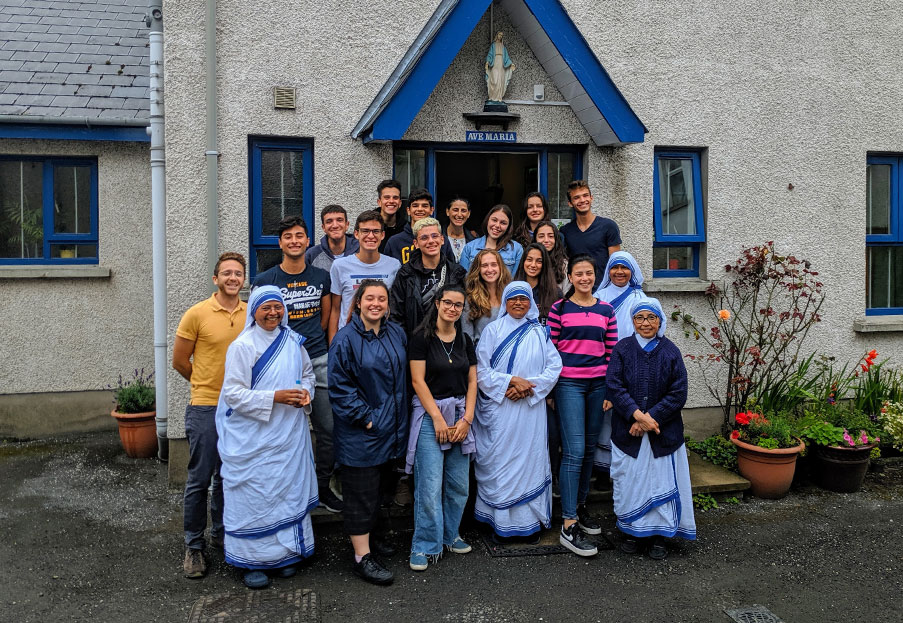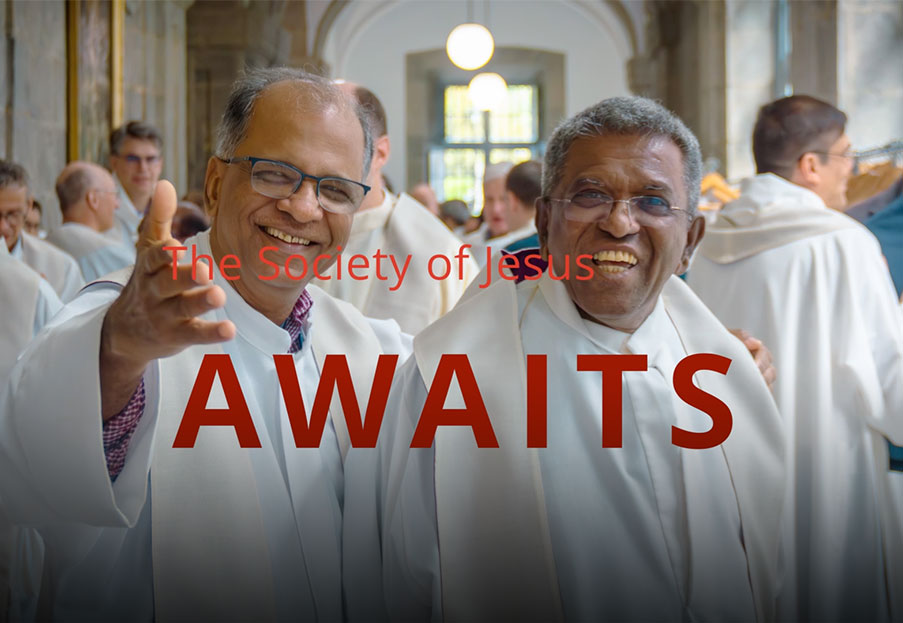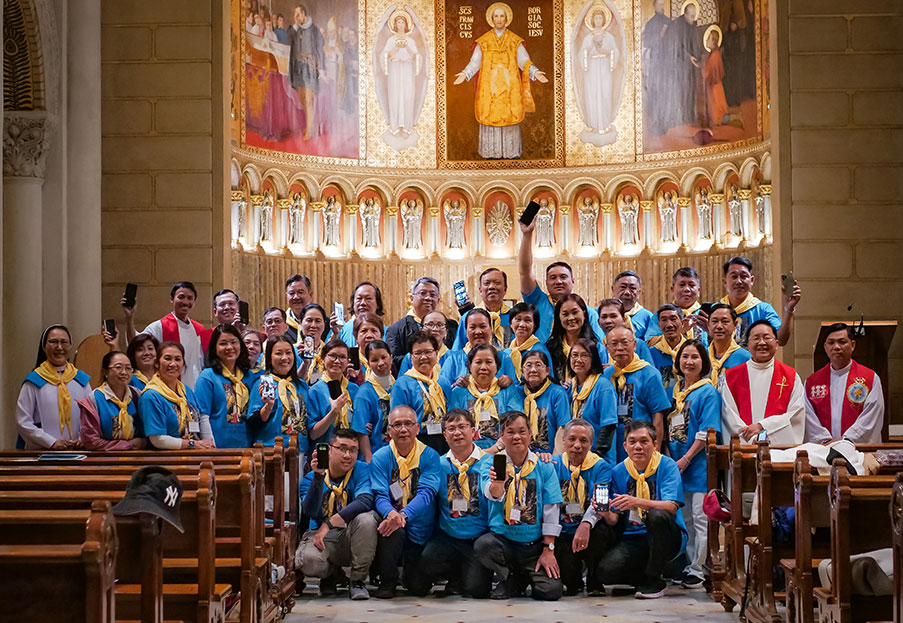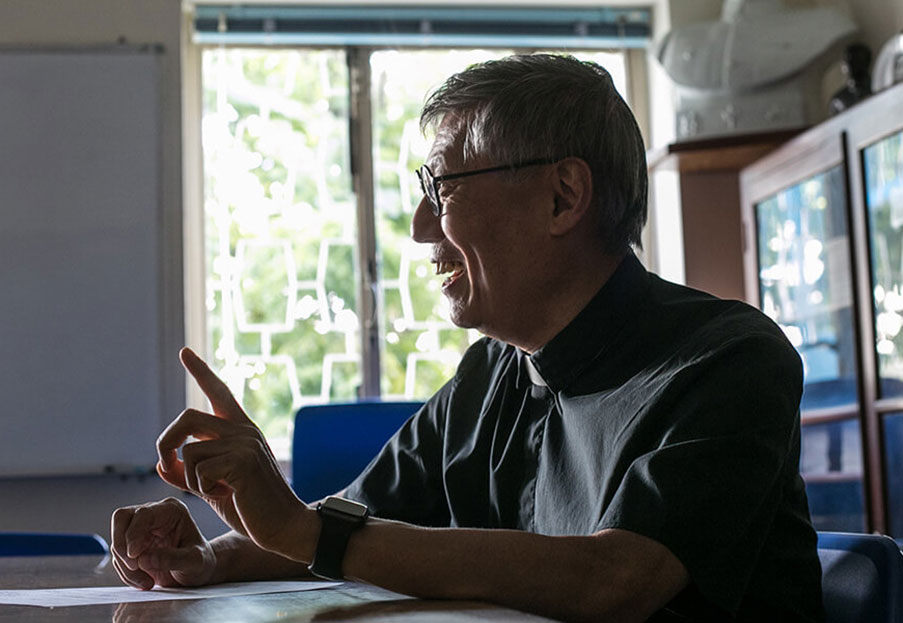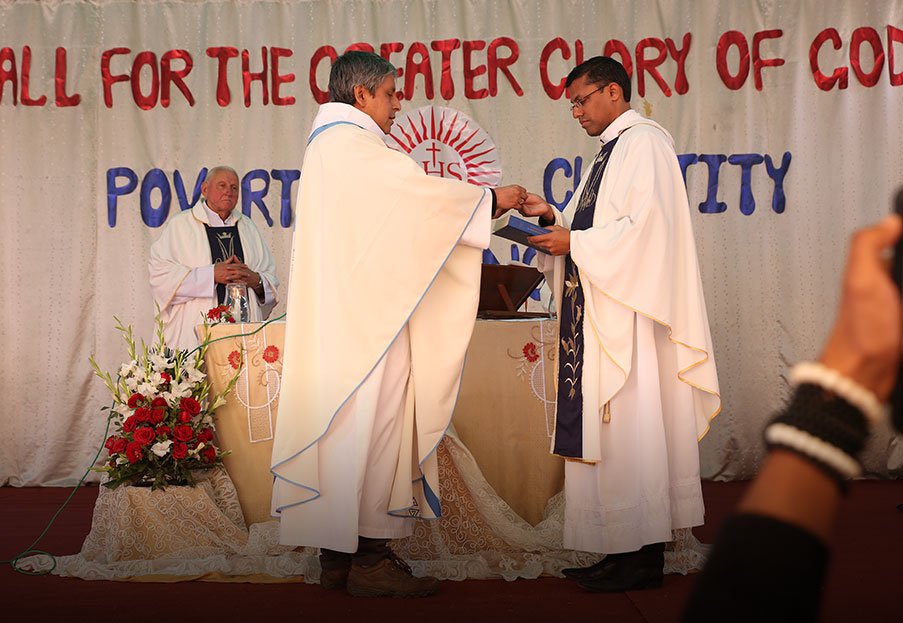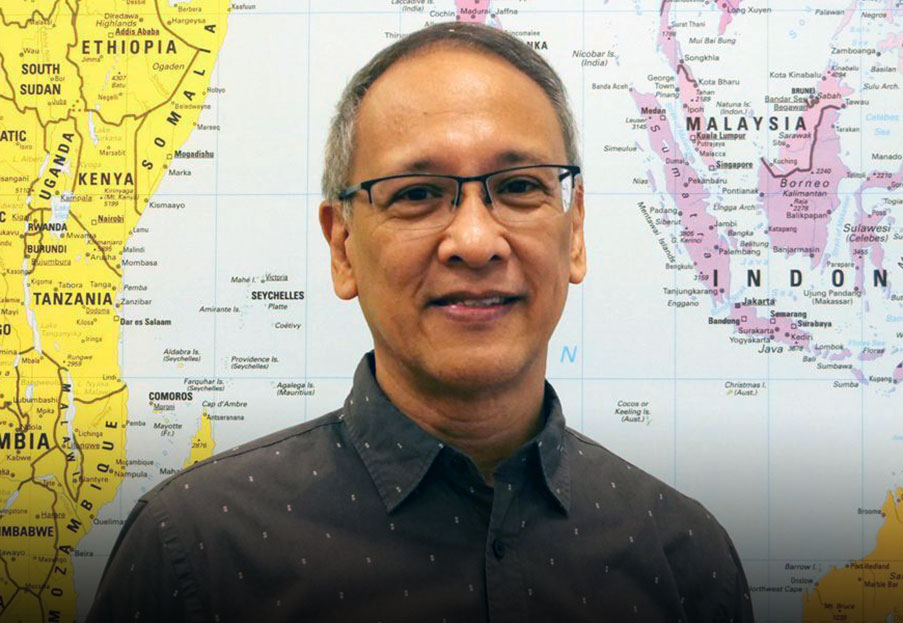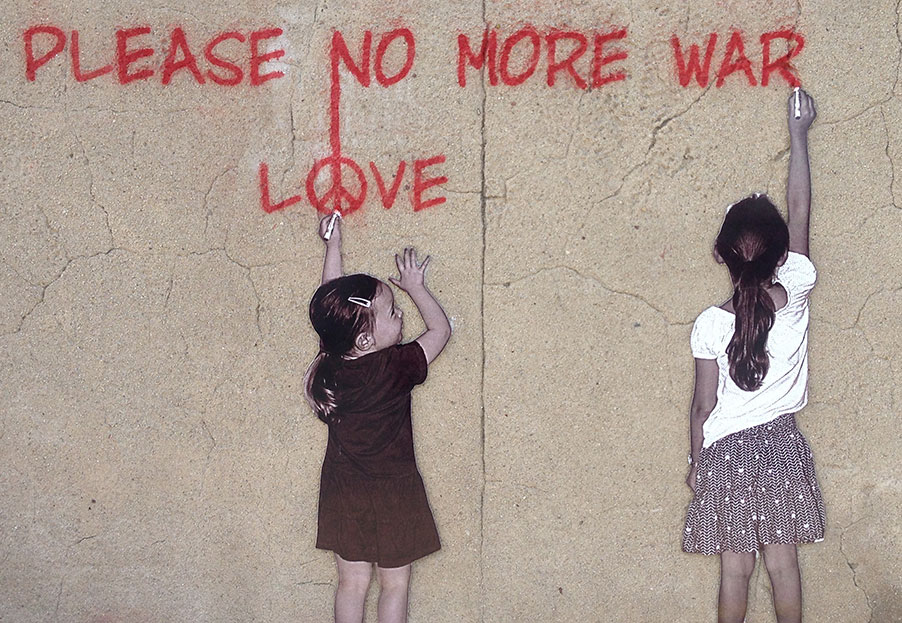Supporting the Thai Catholic Church – The Xavier Immersion Program
The Jesuits have been in Thailand for a very long time. In the refugee camps with JRS on the one hand, and with other projects in the capital region of Bangkok on the other. But the north of the country has attracted their attention, first in Chang Mai where the Seven Fountains Spiritual Centre is located, but further north still, in the Chiang Rai region, serving the communities in the highlands.
Another article in this series introduces the Xavier
Learning Community, an educational
project that provides a boarding school environment for indigenous young people
for whom access to higher education is difficult. On this very campus, the
Society of Jesus has been developing a specific programme for Thai seminarians
and members of religious congregations in Thailand for the past five years.
This is the Xavier Immersion Program. We interviewed its academic director, the Jesuit Tom Michel,
originally from the United States but a member of the Thai Region.
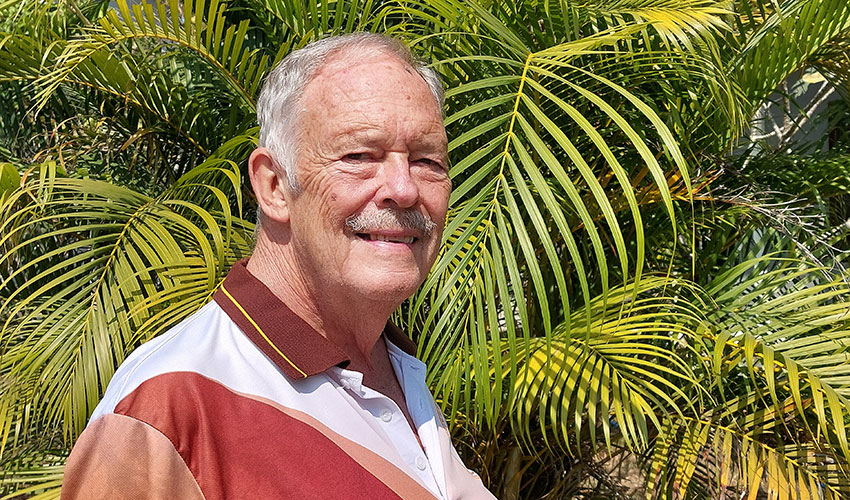
Fr. Tom Michel, SJ - Academic director
Father Tom, what is the “Xavier Immersion Program” for Seminarians?
The Xavier Immersion Program (XIP) is a ten-month program of intensive studies in English designed for seminarians and religious in formation. The seminarians come from most of the dioceses in Thailand. The program is also open to young men and women religious in formation. The program has grown each year from seven students in 2018 to 25 this year.
Classes
focus on the basic elements of English - speaking, listening, reading and
writing. It includes courses on Thai studies, the History of Northern Thailand,
Southeast Asian and East Asian Studies, World Religions, Scripture, and Liturgy.
All course are conducted in English. Instructors come from Thailand, the Philippines,
the USA, Malaysia, and Indonesia. Conversational classes and activities
conducted by volunteers from several countries supplement the formal courses.
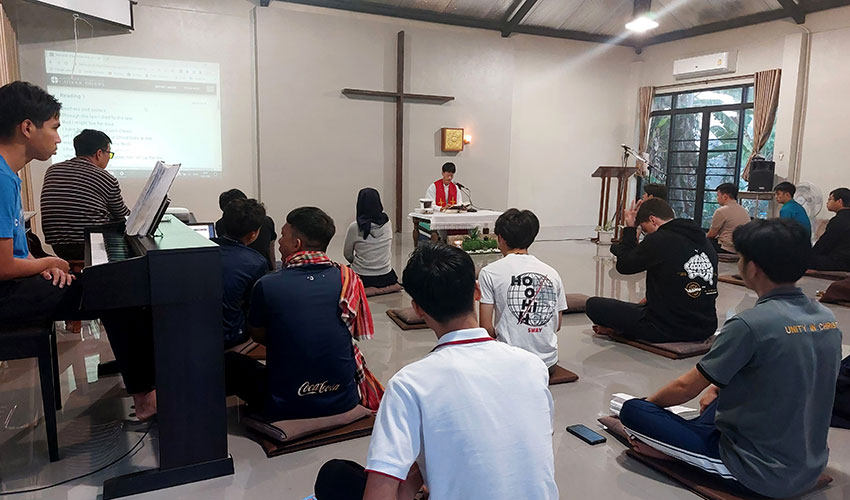
At the morning Eucharist, with a guitar and simplicity of style.
Through programs of daily Mass, prayer, retreats, and spiritual direction, we hope that students can become comfortable in prayer and worship in English medium. Students are encouraged but not forced to speak English outside the classroom environment.
Why is this program entrusted to the Jesuits considering that it is directed to diocesan seminarians and religious from other congregations, not to Jesuit scholastics?
The
XIP was not in the original vision of the Xavier
Learning Community (XLC). The XLC was foreseen as a four-year college program leading
to a bachelor’s degree in English for students from ethnic minorities in
Thailand. However, when it became known that the XLC was operating in Chiang
Rai Province, some bishops asked whether we might also offer a program for
seminarians. When the first seven seminarians returned to the Thailand National
Seminary, their clear superiority in English encouraged other dioceses and
religious orders to join the program.
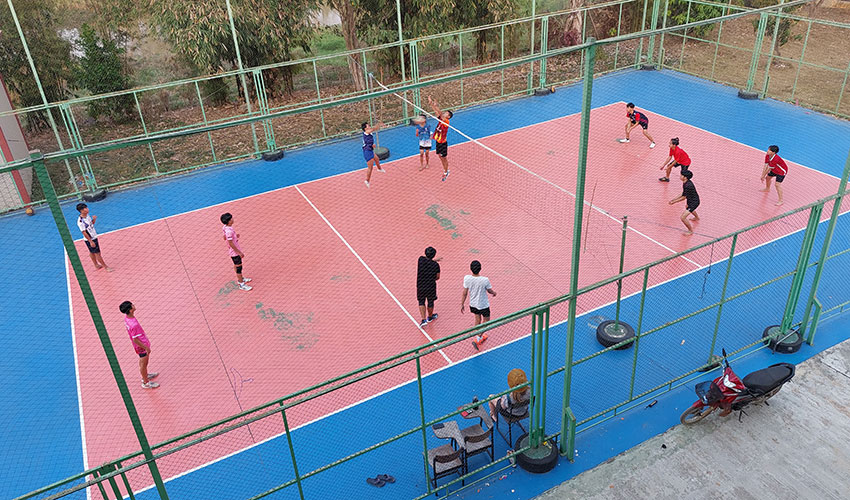
XIP seminarians playing volleyball.
The Jesuits at the XLC are happy to serve the Church in Thailand in this way. It is also an income-generating project much needed by the XLC. The students from the ethnic communities usually come from families that cannot afford to send their sons and daughters for higher education, so the school fees are minimal. The added income from the dioceses for the XIP program helps us reach sustainability.
More broadly, how is the Society of Jesus supporting the Thai Catholic Church in your area?
The
Jesuit community at the XLC supports the Diocese of Chiang Rai in several ways.
The Jesuits are responsible for the English-language community at the cathedral
in Chiang Rai, presiding at the weekly Sunday Mass in English, officiating at
baptisms, etc. Members of the XLC also help in the many village parishes and
mission stations for ethnic communities. We are also offering pastoral services
at the orphanage run by the Sisters of Providence in Chiang Saen.
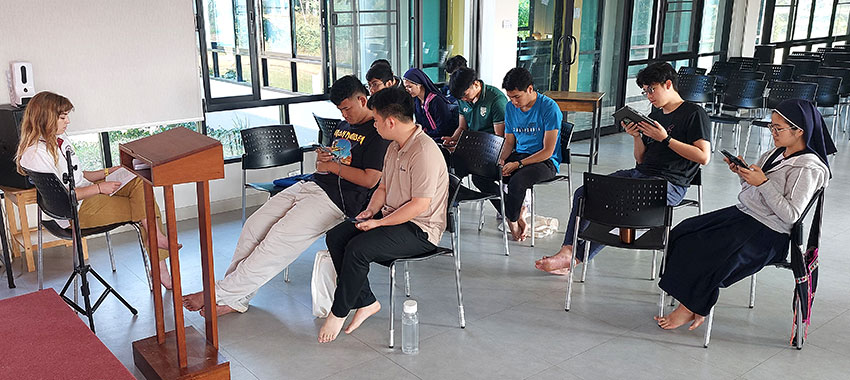
English reading class, with a volunteer from the USA.
To conclude, here are the testimonies of two participants in the XIP this year:
Parin Thamphichai (know as Toss, seminarian from the Bangkok diocese): “I enjoy this community that helps me to improve my communication skills. First of all to get ready to study philosophy at Lux Mundi College in Bangkok and then to take care, pastorally, of the foreigners, especially the Filipino people.”
Ann
Areeya Pumcharoen (know as Care,
Sister of the Lovers of the Cross of Chanthaburi): When I came, I didn’t dare
to speak. Now, I have the strength to do so. It will be important for my
pastoral work to be able to speak not only to Thai people but to people of many
cultures.”
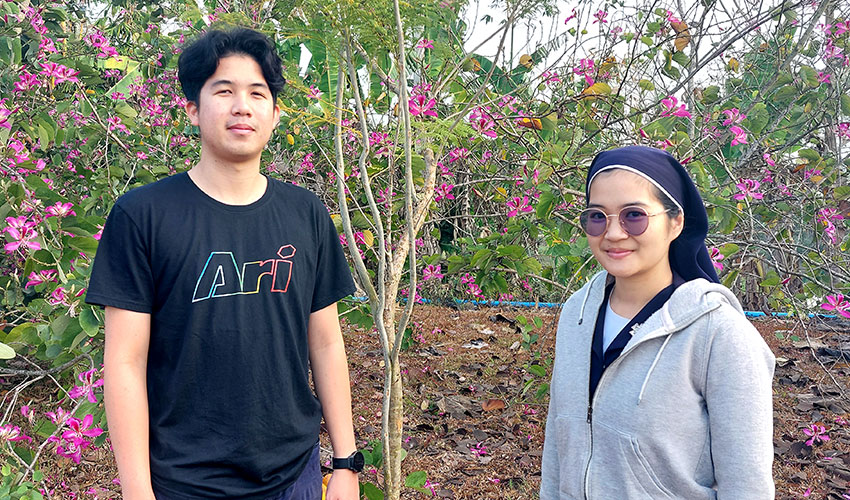
Toss (Parin Thamphichai) and Care (Ann Areeya Puncharoen).
Toss: “This experience is an opportunity to learn not only about language, but about social aspects of our life, the development of the person. It is a good place to understand other peoples’ faith, other tradition. In fact, it is a place where I can find God in people, in many different people.”
Care: “When we are sharing about faith, it helps me to improve my own faith. We learn each other’s story: it is a source of enrichment. We also study the history of Christianity and realize that at the beginning of the Church, it was difficult to believe and that being together, it helps to believe.”
